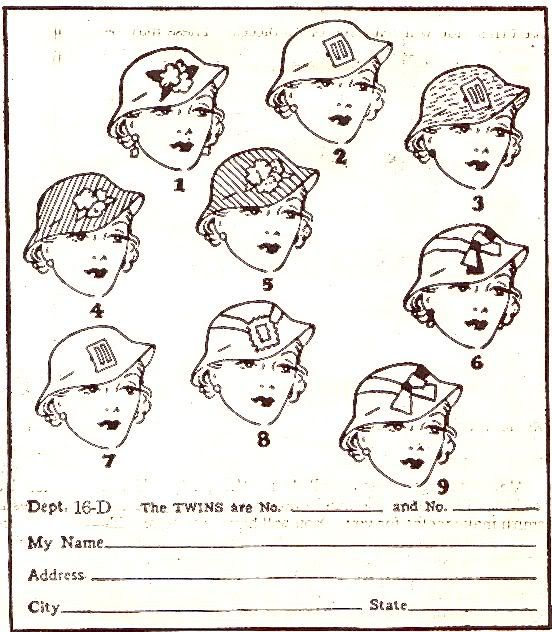"AN AMERICAN COUNTESS"
"One of the American girls who are factors in English society is the Countess of Craven, who was Miss Cornelia Bradley-Martin. This was one of the international marriages quite untainted with financial considerations. While Miss Bradley-Martin's parents are wealthy, the young Earl of Craven was in no need of money and was quite able to marry as he chose. He is only twenty nine years old now, and his wife is about eight years younger. They met before Miss Bradley-Martin was out of the school room at her father's shooting lodge in Scotland, and after that it was merely a matter of "old enough to marry".
They are very gay young people, with beautiful homes in England. At Coombe Abbey is the famous collection of paintings, which belonged to Elizabeth, Queen of Bohemia, who married one Lord Craven and left him her pictures. Lady Craven is said to have all the sweetness of disposition that made Mrs. Bradley-Martin well liked in New York, added to a keen sense of humor. Nothing amused her more than her mother's famous ball last year, which she elected to find a joke instead of the serious affair that certain clergymen and political economists made of it. She and Lord Craven are members of the most fashionable set in England, which cannot be said of every girl who has married a title. She recently presented her husband with a son and heir."
What an interesting woman! Here's more about that famous
party. And here's a look at the
Craven estates.
"Within the village Cornelia Craven was loved and respected for taking a close personal interest in people's lives. By modern standards this might seem overbearing; if, for example, a villager failed to appear in church on Sunday morning the dowager countess would call round in her carriage and pair to find out why. However her motives were clearly warm-hearted. Employees in failing health could rely on her support for medical attention. Hampers were distributed at Christmas, and the countess financed a Christmas party and conjuror for the children in the village hall. Each could choose a Christmas present to the value of seven shillings and sixpence."





